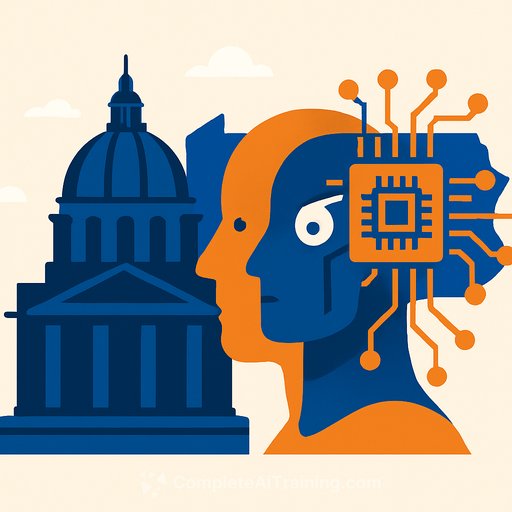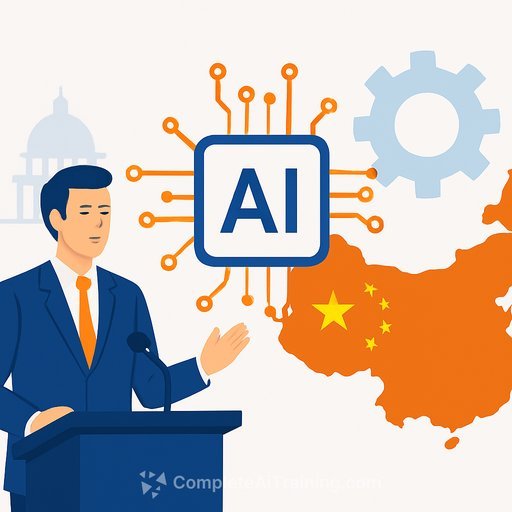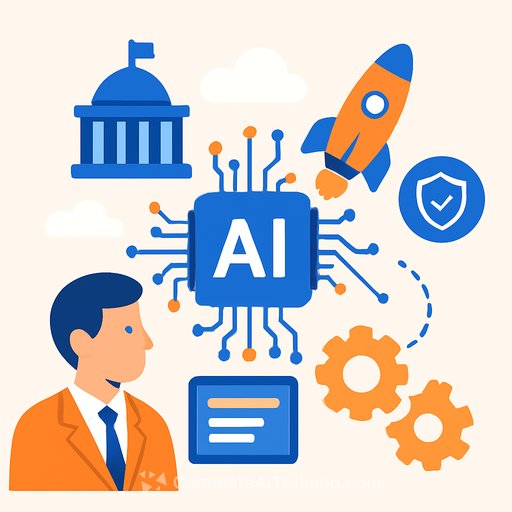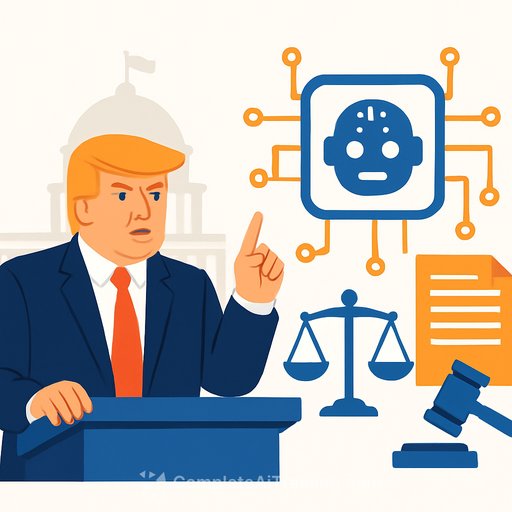Pennsylvania Advances AI Use in Government Operations
Pennsylvania is broadening its use of artificial intelligence (AI) tools across government agencies, with local governments expected to follow. For state and local entities, AI offers a practical solution to reduce workloads by handling routine tasks that typically consume hours and cost significant resources.
The state aims to position itself as a hub for AI and data centers and stands among the first to evaluate generative AI applications throughout state government functions.
Generative AI Pilot Program and Early Results
Beginning in January last year, Pennsylvania launched a yearlong pilot program involving 175 employees from 14 agencies who integrated ChatGPT Enterprise into their daily work. Common uses included writing assistance, research, brainstorming, and summarizing large datasets or documents.
Dan Egan, communications director for the Office of Administration, noted that these tasks have broad applications across the workforce. The state invested $108,000 in licenses, training, and support for the pilot. OpenAI recognized Pennsylvania’s program in its announcement of ChatGPT Gov, a version tailored for government use.
Most participants reported positive experiences, saving an average of 95 minutes daily. Encouraged by these results, Pennsylvania is exploring ways to expand AI access responsibly. Training on safe and responsible AI use will be mandatory before employees can utilize these tools.
Balancing Benefits with Risks and Ethical Concerns
Experts caution that generative AI can produce inaccurate information, a phenomenon called hallucination. Cole Gessner, responsible AI program manager at Carnegie Mellon University’s Block Center, advises treating AI outputs like work from an intern: always verify and double-check results.
The Block Center helped advise the state during the pilot and works with government leaders to ensure thoughtful AI integration.
Exploring AI in Human Services and Local Government
The Department of Human Services is evaluating AI to increase efficiency while maintaining an employee-first approach. DHS policies prohibit generative AI from making decisions on behalf of employees and require users to verify any AI-generated content. Private data is strictly prohibited from being entered into AI tools. These policies undergo annual reviews, with the AI policy slated for review in March.
Most local governments lack formal guidelines on AI usage, though Allegheny County is developing its own policy, expected to be finalized this year.
Governance and Oversight
Governor Josh Shapiro signed an executive order in 2023 setting standards for generative AI in state government and created a Generative AI Governing Board to oversee its implementation. Additionally, a Labor and Management Collaboration Group gathers input from employees and unions to guide AI use.
“Generative AI is not a replacement for the knowledge and experience of Commonwealth employees,” emphasized Egan, reinforcing the commitment to responsible adoption.
AI’s Established and Emerging Roles in Government
AI has long been used in government, particularly for data-heavy tasks like climate modeling. Cole von Glahn, senior technology policy analyst at the Environmental Policy Innovation Center, notes that while deep learning methods have proven useful, generative AI remains experimental and must be weighed carefully against potential risks.
Some elected officials see AI as a tool to streamline bureaucratic tasks such as permit processing. State Rep. Jason Ortitay plans to pilot AI applications at a Department of Environmental Protection district office, emphasizing the need for cautious testing before broader adoption.
Local Initiatives: Pittsburgh Housing Authority Pilot
The Housing Authority of the City of Pittsburgh (HACP) is piloting AI to improve housing application processing. They are finalizing a contract with Bob.ai to automate recertifications for about 5,100 tenants, aiming to reduce processing times by 50% and backlog by 75%.
Additionally, HACP started a one-year pilot of Google Gemini for 60 employees, primarily using it to optimize communication tasks like drafting documents and improving emails. Monty Ayyash, HACP’s senior IT director, stresses a cautious rollout, ensuring AI supports rather than disrupts existing workflows.
Conclusion
Pennsylvania’s steps to integrate AI demonstrate a balanced approach—leveraging efficiency gains while prioritizing oversight, employee involvement, and ethical safeguards. As AI tools evolve, government agencies can look to these pilot programs and policies as models for responsible adoption.
For government professionals interested in further learning about practical AI applications, exploring targeted AI training can provide valuable skills to work effectively with these emerging tools. Check out Complete AI Training’s courses for government roles to get started.
Your membership also unlocks:






